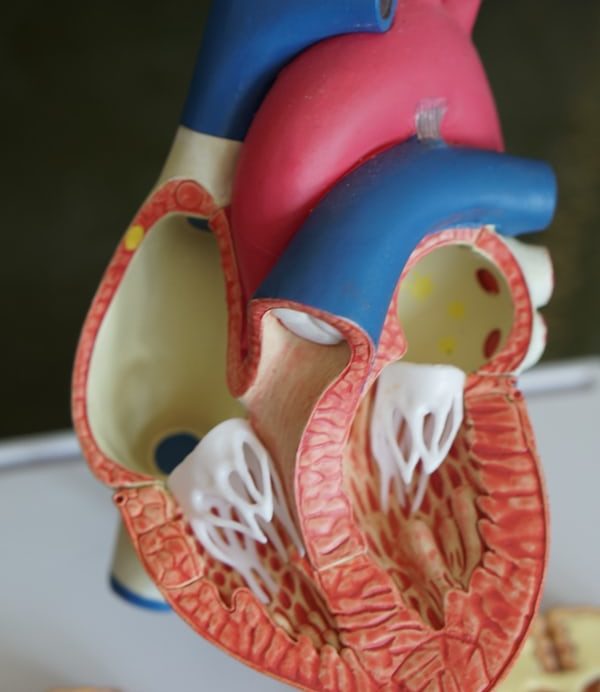Recently we had six great speakers talking about their experiences finding a career relevant to sport and health. Our speakers ranged in expertise: cardiac science, sport science communication, strength & conditioning, sport development and the commercial sector. Below I have collated some of their top tips for students interested in a career in sport and health. If you are a Bath student or graduate, see the whole panel event here.
Consider skills you have from your degree
Whether you are a student from the Department of Health or other degrees, consider the transferable skills you have from your degree. For example, sport science gives you great skills in data analysis, especially how to use data to move an athlete’s performance forward, solving problems along the way. This skill can be transferable in many ways, such as moving a company forward with regards to pricing and marketing. Bath degrees also offer a lot of teamwork and group work, which is essential for most roles. You may also have lab experience, presenting experience or leadership experience. These are vital skills you can showcase in an application or interview. In addition to your degree, you may also have skills from volunteering, sport or extra-curricular activities, make sure to put them on your application form.
Tailor your applications
Employers can sense the time and commitment you have put in your application. Personalise your application as much as possible as employers notice! Tailor your application to the skills in the job advert and the core values of that organisation and show all your experience, not just the relevant ones.
Networking
Being proactive is vital for a career in sport & health. You never know when a contact can support you in the future and may give you a head start in your career. Who are your peers and mentors that can support you? Who are the experts who can open the doors for you? Who are the coaches who can motivate you and who are the sponsors who can recommend you? Consider this and reach out to relevant people through events, LinkedIn or through academics and other key staff at the University. Consider who you have on your doorstep whilst you are a student right now! Be curious and ask for a 10 – 20-minute chat, people like to talk about themselves and you never know where this may lead to in the future.
Consider your personal brand
Who are you and what is your personal brand? What content do you want to put out? What are your values? What is important to you? What are your passions, and how can you grow those areas of strengths? Finally, how do you articulate this, for example using social media, updating your LinkedIn profile or attending events and using your network.
Find experience that shows your ability to help people
In many health and sports roles, you will be working with people. Relevant experience may be hard to find, however consider any role where you help or support people in some way, whether that is volunteering, peer mentoring, customer service roles or coaching to mention a few. Understanding job roles is also important, and work shadowing someone can give you that key insight.
Be curious
Get involved and be keen, give something a try and see what you enjoy and don’t enjoy. Don’t be scared to fail as you will learn so much when things go wrong. It’s okay if you don’t have anything lined up after university, just go out there and be curious!
Photo by Robina Weermeijer on Unsplash
Respond

